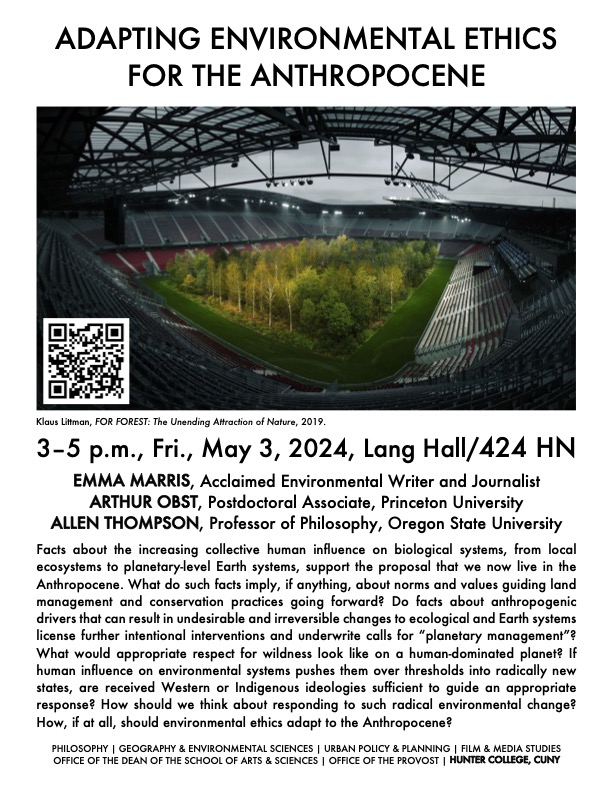Serving as a response to Aimé Césaire’s call for a universal filled with particularity from his infamous resignation from the French Communist Party in 1956, I focus on the role of culture for a project of universal emancipation. To do so, I follow Sylvia Wynter’s statement that the Négritude movement is an example of a universal and cultural project. Recalling Césaire’s words in “Return to My Native Land,” culture that serves universal emancipation must be “free of the desire to tame but familiar with the play of the world.” To this end, I develop a conception of culture that is both local and universal, that centers on the importance of what it means to be human, as life, as being, and as experience by reading culture as necessarily local, collective, disenchanted, and related to play.
Bio:
Elisabeth Paquette is Associate Professor of Comparative Literature at the University at Buffalo, SUNY. Her book, titled Universal Emancipation: Race beyond Badiou (University of Minnesota Press, 2020), engages French political theorist Alain Badiou’s discussion of Négritude and the Haitian Revolution to develop a nuanced critique of his theory of emancipation. Currently, she is working on a monograph on the writings of decolonial theorist Sylvia Wynter. She is also the Founder of the Feminist Decolonial Politics Workshop, which takes place annually during the summer.
Facts about the increasing collective human influence on biological systems, from local ecosystems to planetary-level Earth systems, support the proposal that we now live in the Anthropocene. What do such facts imply, if anything, about norms and values guiding land management and conservation practices going forward? Do facts about anthropogenic drivers that can result in undesirable and irreversible changes to ecological and Earth systems license further intentional interventions and underwrite calls for “planetary management”? What would appropriate respect for wildness look like on a human-dominated planet? If human influence on environmental systems pushes them over thresholds into radically new states, are received Western or Indigenous ideologies sufficient to guide an appropriate response? How should we think about responding to such radical environmental change? How, if at all, should environmental ethics adapt to the Anthropocene?
